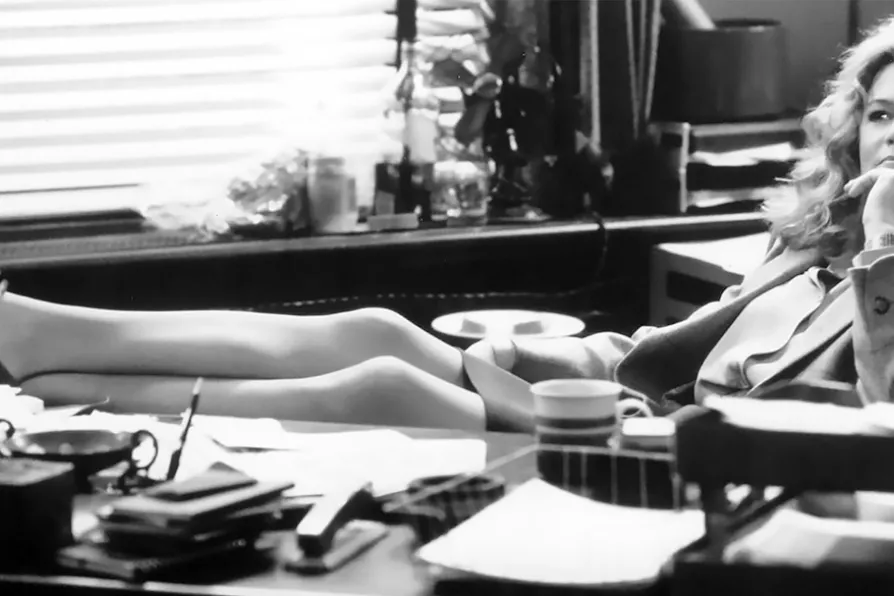No excuses can hide the criminal actions of a Nazi fellow-traveller in this admirably objective documentary, suggests MARTIN HALL

 Kathleen Turner as V.I. Warshawski (1991)
Kathleen Turner as V.I. Warshawski (1991)
AN outraged reviewer of Paul Auster’s Bloodbath Nation (2023) declared its author to be “a hardcore socialist of the most dangerous kind.” The book, an extended essay on the tragedy of gun violence in the US, is a searing critique of neoliberalism, imperialism and racism. Even so, “hardcore” is an ill-chosen adjective for Auster, who died in April at the age of 77.
Auster’s belief that no socialist candidate could win a US election led him to support the candidacy of Barack Obama. In spite of this, he continued to see himself as “far to the left of the Democratic Party” and criticised Obama’s neoliberal policies and failure to challenge America’s drift to the right.
If Auster’s views on party politics are paradoxical, his fiction is consistently trenchant in its analysis of American life and its defining orthodoxies. In fact, his novels have extended and enriched an undercelebrated tradition in US writing – the use of popular genres, often dismissed as “escapist,” to express dissident ideas.
Woven into American noir, sf and fantasy are tenacious threads of writing that challenge the assumptions of capitalist ideology and focus on those battling the horrors of social Darwinism.
Politically conscious noir has a long history, beginning with Dashiell Hammett’s hardboiled tales of avarice and corruption – such as Red Harvest (1929) and The Maltese Falcon (1930) – and including a wave of writers with related concerns in the 1980s and 1990s.
The VI Warshawski books by Sara Paretsky (1947-) tackle racism, sexism, the labour movement, crooked corporations and shady politicians. Warshawski, arguably the most convincing of fictional private eyes, loathes the Republican Party and is cynical about the intentions of mainstream Democrats. In Black List (2003) she investigates the suspicious death of a journalist and reveals connections between the cruelties of Cold War McCarthyism and the use of the 2001 Patriot Act to conceal the crimes of business and government.
Author and community activist Gary Phillips (1955-) navigates similar territory. His African American PI, Ivan Monk, becomes embroiled in mysteries involving racial strife and institutional corruption. Violent Spring (1994) deliberates on cultural diversity and links criminal violence to the government’s betrayal of the “huddled masses” honoured by the Statue of Liberty.













